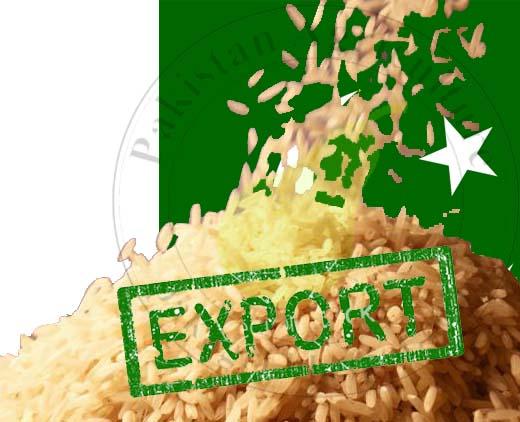The Ministry of National Food Security and Research (MNFS&R), in collaboration with the Ministry of Commerce and other relevant departments, has successfully facilitated the resumption of rice exports after a brief suspension caused by procedural impediments. However, the MNFS&R remains cautious about the challenges of adhering to international food safety standards.
Rice, Pakistan’s second-largest export item, faced a sudden halt in foreign trade when the Federal Investigation Agency (FIA) arrested inspectors of the Department of Plant Protection (DPP) over alleged negligence in issuing phytosanitary certificates. This action, criticized as premature, overlooked the actual root of the problem.
Fear of arrest and the registration of an FIR against 17 entomologists and inspectors of the DPP brought export handling at ports to a standstill. Ironically, after the disruption, trade activities resumed under the same procedural framework previously in place, as strict compliance with regulations could not be effectively implemented despite the FIA’s raid.
Experts pointed out that the core issue lies in ensuring food safety compliance at the farm level and throughout the supply chain. The government needs to enforce stricter monitoring at the provincial level, particularly focusing on the use of high-quality seeds and pesticides to prevent international interceptions.
The corrective action was brought upon after repeated interceptions of Pakistani rice to Europe.
Insiders reported that the Rice Exporters Association of Pakistan (REAP), responsible for compliance with safety regulations, pressured the government to clear stuck consignments using the same procedures employed earlier. A scheduled press conference by REAP in Karachi was canceled after the government assured uninterrupted clearance of shipments at ports on Wednesday.
Following these developments, an important meeting involving the MNFS&R, Ministry of Commerce, REAP, DPP, and other stakeholders was held on Thursday. During the meeting, it was decided to facilitate rice exports, while the MNFS&R issued a warning emphasizing the importance of compliance with food safety standards.
In its statement, the MNFS&R cautioned:
“The Ministry warns that any compromise on compliance with food safety and phytosanitary standards can lead to stricter trade barriers or export bans, harming Pakistan’s economy and credibility. Exporters are encouraged to align with regulatory requirements to ensure uninterrupted trade.”
Key Developments and Commitments
The MNFS&R reaffirmed its commitment to resolving exporters’ issues and ensuring adherence to international phytosanitary standards. According to the statement, significant progress was made during a high-level meeting with REAP. The Ministry prioritized the following measures:
- Streamlining Procedures: The Department of Plant Protection (DPP) is actively working to simplify and expedite the process of issuing phytosanitary certificates.
- Transparency and Accountability: Steps have been taken to ensure compliance with Pakistan Plant Quarantine Rules (PPQR) 2019 and the International Plant Protection Convention (IPPC).
- Stakeholder Engagement: The Ministry continues to collaborate with REAP and other stakeholders to address challenges and ensure seamless export operations.
The MNFS&R reiterated its unwavering dedication to fostering sustainable growth in the agricultural sector and maintaining Pakistan’s credibility in global trade. The Ministry urged exporters to adhere to regulatory standards to avoid future disruptions and assured international stakeholders of Pakistan’s commitment to upholding food safety protocols.




